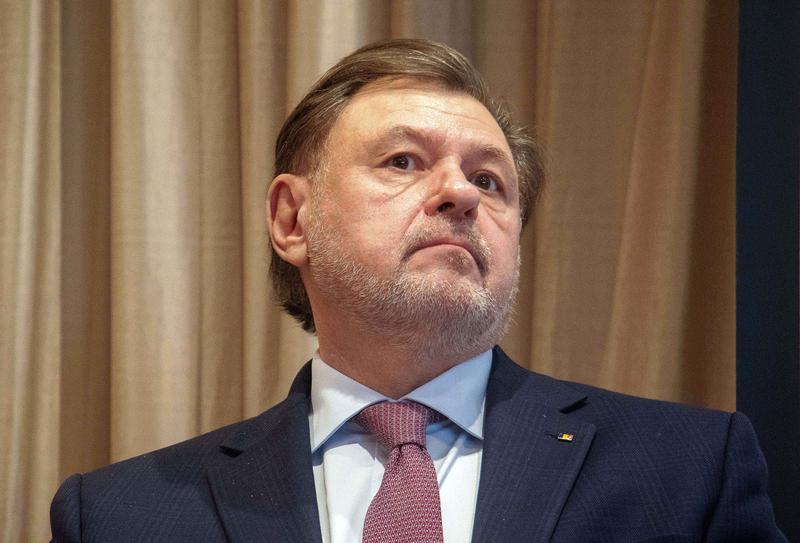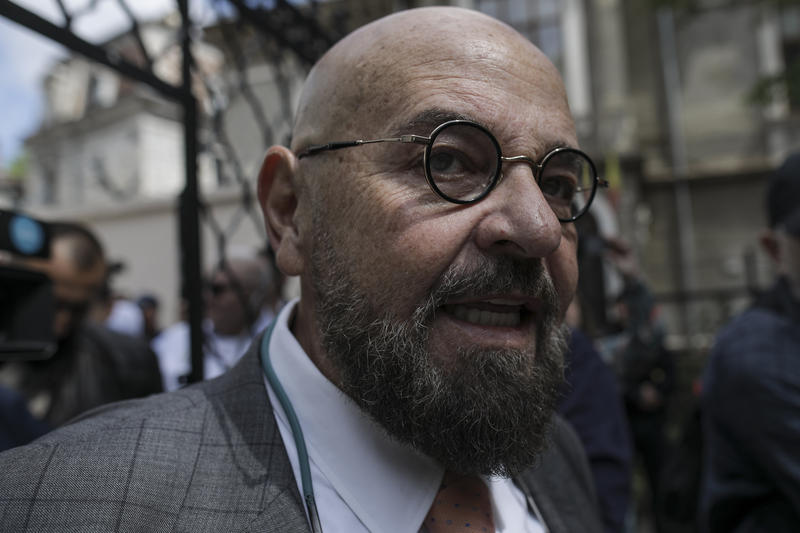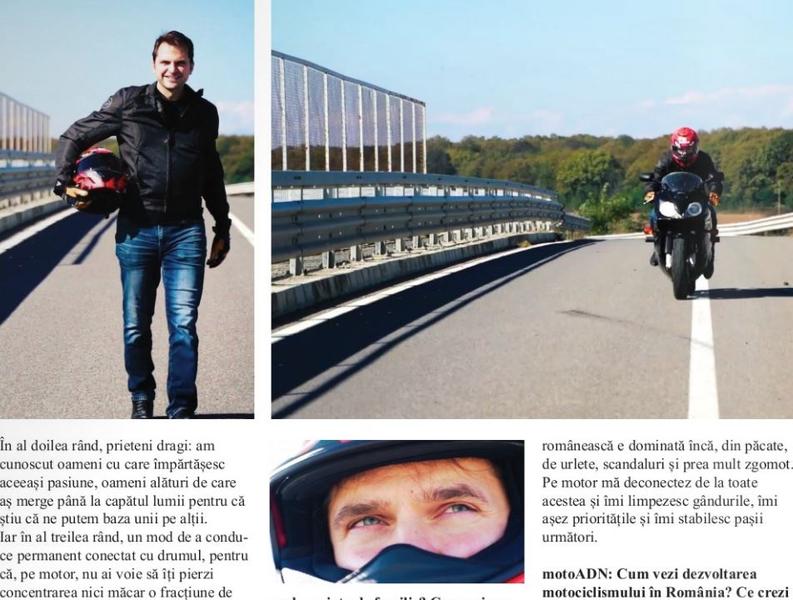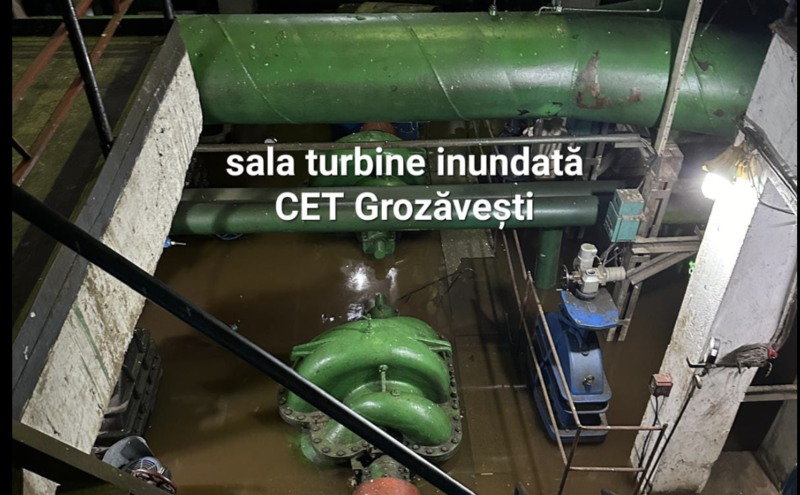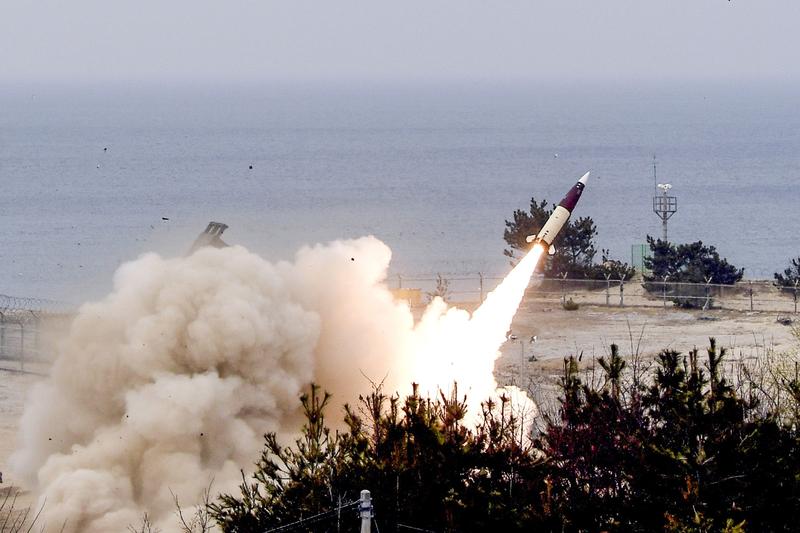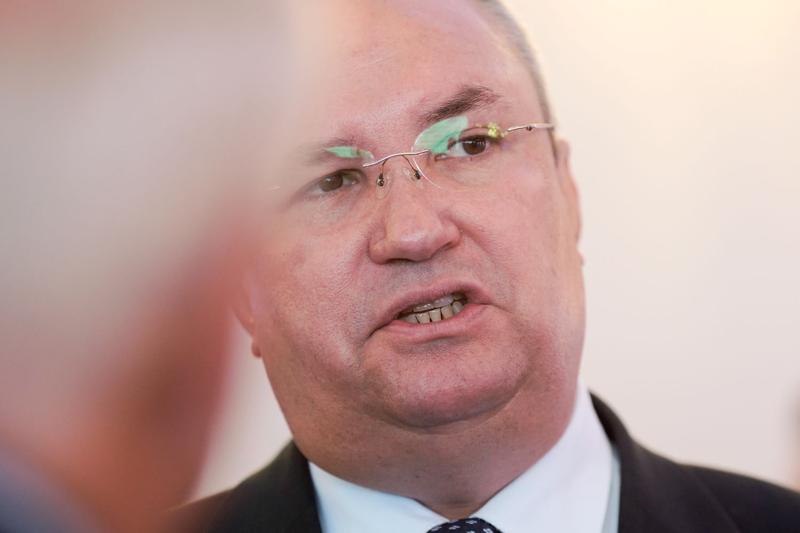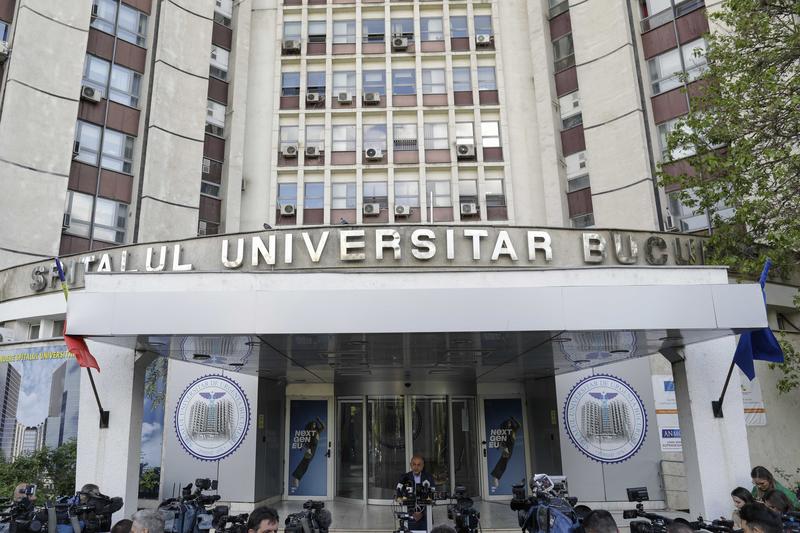Romania did not maintain the pace of reform set in May 2009, the reform of the judicial system is limited and the fight against corruption is delayed in high level corruption cases, a press release of the European Commission reads.
Regarding the judicial reform, the Commission notes that it registered modest results:
- there was no effective improvement in what concerns the difficult situation of the human resources in the judicial system
- due to the electoral campaign, the Parliament postponed its debate on the civil and penal Codes
- Romania continues to adopt measures to improve the judicial system but they are not published yet
- other initiatives were launched in an attempt to improve the efficiency of judicial procedures through a better distribution of work volumes but for now, there are no tangible results
Concrete results cannot be proved yet, EC Spokesperson Mark Gray concluded regarding this evaluation chapter.
Regarding the anti-corruption fight, the European Commission underlines that there are ongoing delays in judging high level corruption cases, adding to this, the courts' clemency and inconsistency in their sanctions. These continue to be major challenges for Romania.
- The report appreciates the results registered by the anti graft department in investigating and judging high corruption cases, results which are convincing
- the Commission observes a consolidation of the results registered by the National Integrity Agency in monitoring conflict of interests and unjustified wealth
- Data on the local anti-corruption fight reveals a significant increase in activity of the local penal investigation officials
- Romania implemented some of the measures meant to improve the coordination of anti corruption fight and to monitor the national anti corruption strategy for vulnerable sectors and the public administration
The Commission urges Romania to prioritize a constructive collaboration with various political actors and the judicial system to support necessary reforms, Mark Gray declared. Before the next evaluation in the summer, the Commission recommends Romania to intensify its efforts to adopt the penal and civil codes and the implementation laws that come with them together with the impact studies required.
Gray said that he cannot say how long the mechanism will continue as the reforms that need to be implemented do not depend on the European Commission, whose role is to evaluate only.
Regarding European funds, their administration structure are well established and in order, the European official declared. He underlined the importance to strengthen the capacity of the public administration to avoid corruption cases in this sector. There no frozen or retained funds from Romania, Gray said.
The 3 years period in which the safeguarding procedure could be activated passed.
Here are, in short, the European Commission's evaluation on the four benchmarks:
Benchmark 1: ensure transparent and efficient judicial procedures, especially through the consolidation and responsibility of the Superior Council of Magistracy. Reporting and monitoring the effects of the new penal and civil codes.
- Romania reports progress in universalizing judicial procedures at a national level
- during summer 2009 and January 2010, the information on the national website of the Higher Court of Justice was not updated with the court's decisions
Benchmark 2: the creation of the National Integrity Agency and its functioning
- The results registered by the National Integrity Agency are encouraging and continued in the second half of 2009
- currently, the agency settled its interim personnel and should be fully operational once the IT system will be completely implemented in 2010
- All wealth declarations received in 2009 are available to the public
Benchmark 3: countering high level corruption cases
- Anti Graft Department maintained its good results with impartial investigations in the high level corruption cases. These results are found in the total number of final decisions: which increased by a third in 2009 compared to 2008.
- sanctions given for high level corruption cases seem to easy and unpersuasive compared to previous periods: the minimum sanction was applied in half of the final decisions and in three quarters of the decisions, sanctions are suspended.
- mediatized cases continue to be delayed by over 6 months
Benchmark 4: the adoption of additional measures to prevent and fight corruption, especially in the local administration
- Local strategies to counter corruption set up by county prosecutors seem to be working, as there is an increase in the number of cases
- for the first time, the Public ministry budget foresees the creation of a fund to cover undercover operations by county prosecutors
